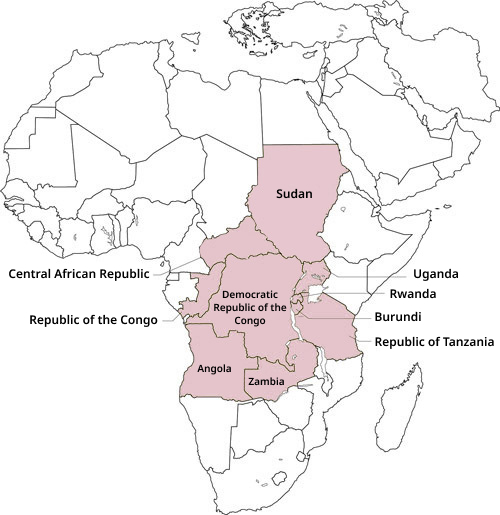Non-use of conflict metals
We verify through written statements provided by our suppliers that the raw materials we use to manufacture our products do not include ores originating from the Democratic Republic of the Congo or elsewhere in the same war-torn region. We also select any new supplier from whom we wish to procure raw materials for the first time by insisting that no shipment shall include ore originating from the same region.
Dealing with conflict metals (conflict minerals)
We engage in the responsible procurement of raw materials in order to ensure that our Clients can use our products with peace of mind.
In the United States, the Dodd-Frank Wall Street Reform and Consumer Protection Act was amended on July 21, 2010.
This piece of legislation includes Section 1502 (*2), which requires the disclosure of information on the use of conflict metals (conflict minerals) (*1) in annual reports submitted by companies listed on a U.S.-based stock exchange to the Securities and Exchange Commission (SEC).
The purpose of this provision is to block the source of funding for the long-running conflict that is raging in the Congo and neighboring countries.
As a manufacturer of automotive parts, we manufacture products after verifying with our suppliers that the raw materials that go into our products cannot be traced to this region.
Going forward, we will continue to engage in the responsible procurement of raw materials.
Democratic Republic of the Congo and 9 adjacent countries

※1) Conflict metals (conflict minerals)
Tantalum, tin, gold, and tungsten minerals from the Democratic Republic of the Congo and nine adjacent countries qualify as conflict metals.
※2) Dodd-Frank Wall Street Reform and Consumer Protection Act, Section 1502
At the time of the enactment of the Act (July 21, 2010), the detailed rules of Section 1502 had not been determined, but on August 22, 2012, the United States Securities and Exchange Commission adopted the final rules of the Section.

